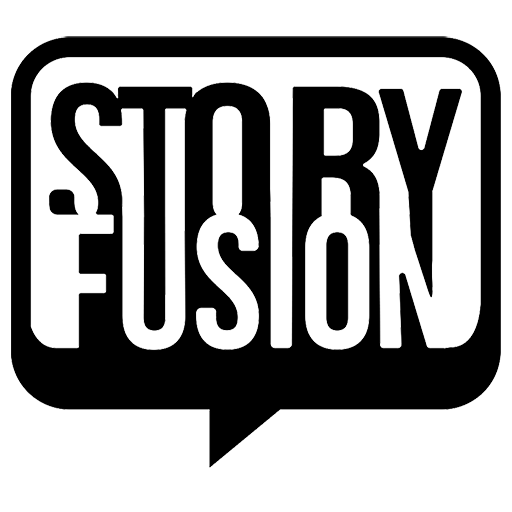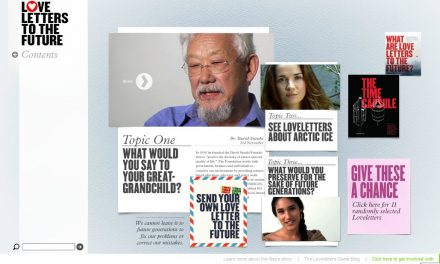The award-winning fiction and nonfiction storyteller J.C. Hutchins answered our questions about “Why Transmedia?”
Yes, this time successful New Media storytelling pioneer and marketer J. C. Hutchins took the time and told us his view on Transmedia Storytelling. With more than 15 years of professional writing epxerience, his two novels – 7th Son: Descent and Personal Effects: Dark Art
– were published 2009 by St. Martin’s Press.
He is one of the most popular “podcast novelists” in the world and his work has been featured in The New York Times, The Washington Post, Fast Company, Wired.com UK, Boingboing.net and others. One of his current projects is the StoryForward podcast which he is hosting together with Steve Peters. You can follow J. C. on Twitter as well as on Facebook or just read his blog where you can find lots of information about him and his works and where he also offers collaboration in work.
[lightbox full=”https://tmsb.de/wp-content/uploads/2012/02/PersonalImage-2.jpeg” title=”J. C. Hutchins”]

J. C. Hutchins
[/lightbox]
As an author… why transmedia?
I truthfully can’t imagine not incorporating transmedia storytelling elements into my projects. There’s never been a better time to be a storyteller. Content creation tools are dirt-cheap. The content itself is now digital, which eliminates so many storage and distribution issues. The increasing ubiquity of “always on” access to the Internet has also changed the way consume our entertainment.
Audiences will soon begin to expect their stories to bleed over into multiple media. It’s the evolution of entertainment and expectations. As a creator, it just makes sense to embrace it, and experiment.
What’s driving the sudden activity and buzz around “transmedia”?
Mostly attention from mainstream entertainment companies, and organizations that support those companies, such as consultancies and marketing agencies. Most newcomers to the word “transmedia” associate it with an emerging business need to have robust multimedia IP franchises. And when you start talking about multimedia franchises, you’re talking about big Hollywood money. That brings attention and discussion in many forms, from many people.
I think transmedia storytelling can be done, and done very well, across many media in entertainment franchises, but I define the word differently in my own creative work. It’s been a struggle within the transmedia creator community (and beyond) to define precisely what “transmedia” means — and personally, I think we’ll be discovering and refining that definition in the years to come — but there’s plenty of room for creators of all stripes to participate in this incredible technological and creative convergence.
Can you think of any examples of content, either mainstream or niche, that are great case studies for how things should play out?
I think Sean Stewart and Jordan Weisman’s novel Cathy’s Book is a terrific example of a newcomer-friendly — and brilliantly-crafted — transmedia narrative. It expertly brings a centuries-old entertainment media (the novel) into the 21st century by incorporating “out of book” narrative experiences that unfold in various other channels: on the Internet, in photos, phone calls, drawings, the works. It’s a terrific read, too. Jordan Weisman and I did something similar with our supernatural thriller novel, Personal Effects: Dark Art.
What I appreciate most about Cathy’s Book is that it wasn’t created as a marketing platform in service of a larger, more mainstream entertainment narrative. Now that said, transmedia narratives are terrific vehicles to enhance and expand the storyworlds of films and TV shows — and some of the most ambitious storytelling and audience experiences are happening there.
Anyone keen to see how a well-funded transmedia narrative can resonate with audiences should look at the work companies such as 42 Entertainment and Campfire are doing. Their campaigns for such IPs as The Dark Knight, Halo, True Blood and Game of Thrones are worthy of close study. Those guys do good — and cool — work.
Do you think that only Hollywood and big networks are able to realize “cool” transmedia projects?
[lightbox full=”https://tmsb.de/wp-content/uploads/2012/02/pe_da1.jpg” title=”Personal Effects – Dark Arts”]

Personal Effects – Dark Arts
[/lightbox]
No, though the creative and monetary resources those organizations have can certainly eliminate many barriers such as content creation, curation, distribution and promotion.
Independent creators have been crafting transmedia narratives for years — and in some cases, are doing far better work with far less money. Filmmaker Lance Weiler is renowned for his transmedia film/experience Pandemic, which was created with a fraction of the money a studio would’ve spent to create something similar. That narrative will melt your brain, it’s so cool. Check it out.
As with life, crafting transmedia experiences all boils down to smartly living within your means. I suggest identifying storytelling media and distribution channels that work within the constraints of your budget, and craft content accordingly. Without thoughtful planning, transmedia stories can get very expensive very quickly. Commit to a narrative and budget, and stick to it.
What do you wish for (your own/others) upcoming transmedia projects?
It’s my hope that we continue to see independent creators explore the space, and craft resonant stories within it.
I’m also keen to see entertainment studios perceive transmedia storytelling as something more than a marketing vehicle for their IP. The technological and creative convergence I’ve described isn’t a gimmick or a trend — it’s here to stay, and will continue to evolve and disrupt traditional forms of storytelling (and business models). The sooner entertainment companies understand and fully incorporate that into their creative and business processes, the sooner they’ll start reaping its long-term benefits.
What is the transmedia scene in your country like?
Here in the U.S., the transmedia creator network and storytelling scene is pretty robust. There are several meetup organizations across the country that hold regularly-scheduled meetings to share strategies and best practices. I don’t live in one of these areas, but thankfully the Internet provides a great way for us all to communicate and concoct new, cool, stories.
[divider]
Thank you very much J. C. for taking the time to answer our questions and giving us some inspiration about your point of view.
© aller Logos und Abbildungen bei den Rechteinhabern.
(All pictures, trademarks and logos are protected.)







Recent Comments